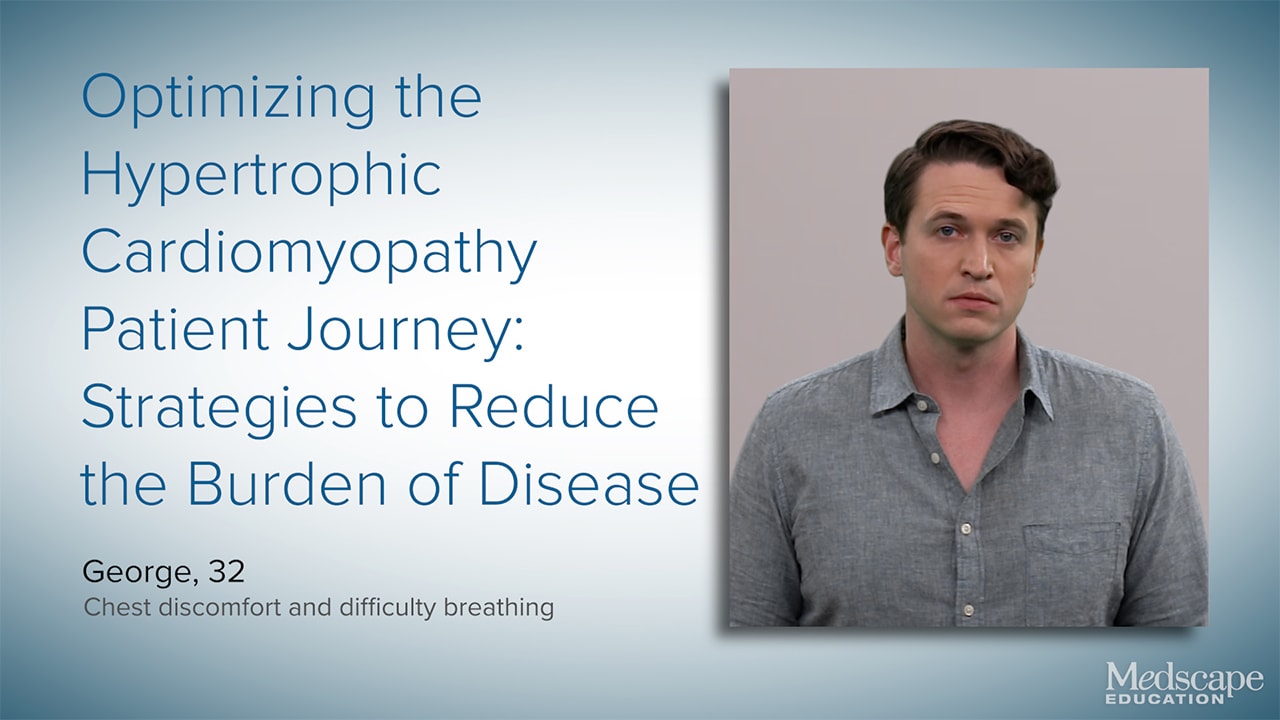Abstract and Introduction
Abstract
Burnout among nurses is prevalent and has worsened during the COVID-19 pandemic. Trauma-informed care (TIC) is an approach that can bring healing to people and systems who have been impacted by trauma and traumatic events. Nurses working in hospitals experience vicarious trauma and secondary traumatic stress as they witness what their individual patients experience; however, nurses themselves experience traumatic events and that has only escalated with the current pandemic. Working from a model of Trauma-Informed Healthcare (TIHC) and SAMSHA foundations of a trauma-informed approach (TIA) we identify opportunities for organizations such as hospitals to integrate TIA towards altering the system to better provide for nursing staff who are suffering from burnout and exhaustion. We offer an exemplar of an organizational-level approach to supporting nursing staff through TIA.
Introduction
Nurses and the organizations where they work prioritize care not only for individuals, but also for communities and populations that experience illness or the threat of illness. While high rates of stress, exhaustion, and burnout existed prior to COVID-19, the additional workload of the ongoing pandemic has increased harm and stressful events for nurses working at the bedside in hospitals (Chan et al., 2021). Although interventions to address the impact of stress, exhaustion, and burnout among nurses (e.g., prioritizing self-care; training on delivery of trauma-informed care (TIC), coping with stress, or self-recognizing and preventing burnout) do exist, many focus on supporting nurses only at the individual level.
We provide an overview about how using a trauma-informed approach (TIA) at the organizational or systems level could be implemented as an alternative to or concurrently with individual approaches to address burnout in nurses. A systems level TIA has potential to provide support for nurses who have been exposed to traumatic events during the pandemic and to prevent further harm to them. We present the Substance Abuse and Mental Health Services Administration (SAMHSA) principles of TIA and describe a model for trauma-informed healthcare (TIHC). Further, we suggest a systems-level perspective of the TIHC model that acknowledges the importance of nurses and the obligation of the organization to support them. Finally, we present an exemplar of nursing leadership from TIA.
Online J Issues Nurs. 2023;28(1) © 2023 American Nurses Association











